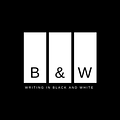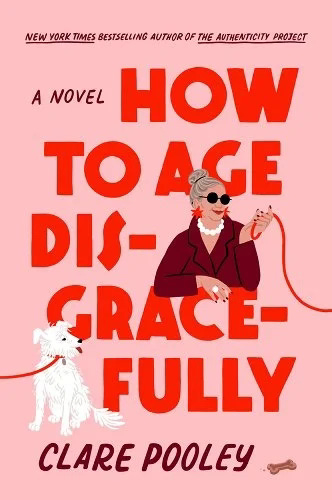Funny Face.
“You don’t stop laughing when you grow old, you grow old when you stop laughing.” — George Bernard Shaw
I recently picked up my dogeared copy of the beloved Nora Ephron essay collection “I Feel Bad About My Neck: And Other Thoughts About Being A Woman” at the behest of fellow writer and friend Laura Rubin from ; this summer we’d begun collaborating on a substack about our perspectives around midlife topics such as fashion and beauty. While our undertaking has been shelved as we are both writing books that publish in 2025, we continue to ping each other when we find inadequacies about aging in media — of which there are many.
Having read Ephron’s hilarious book when it published in 2006, at the ripe age of 37, I cannot recall much — something the author addressed four years later in her follow-up essay collection “I Remember Nothing: And Other Reflections”. I do know I lol’d throughout (which was seemingly the only way we expressed laughter at the time; the irony being that the acronym meant “little old lady” when it originated in the 60’s). I do know with certainty that I was inspired by Ephron to pursue my own essay collection.
But today, at 55, I have a different perspective. And I find I am not alone.
Author Karen Walrond’s book “Radiant Rebellion: Reclaim Aging, Practice Joy and Raise A Little Hell,” finds issue with Ephron’s witty first chapter that reads:
“I try as much as possible not to look in the mirror. If I pass a mirror, I avert my eyes. If I must look into it, I begin by squinting, so that if anything really bad is looking back at me, I am already halfway to closing my eyes to ward off the sight.”
Walrond recognizes that our first instinct is to laugh; Ephron is a brilliant comedy writer after all. But she then acknowledges that (as readers of her book in particular) we have evolved our definition of midlife and find aging full of potential rather than a bleak view of the future.
I couldn’t agree more.
I would never disparage the writer and rom-com pioneer that I’ve adored for decades, so from my vantage point I conclude that we’ve come a long way since Ephron crafted this text. And thank God for that. But while we have finally begun rectifying stringent viewpoints about aging, I still hear women speak the language woven into the book from “dressing appropriate for [her] years” and “looking good for her age.” This vernacular has been weighing us down for decades and changing the narrative means sometimes aging is no laughing matter. What we say gets internalized and our words hold power.
But we also need to keep a sense of humor. Especially as studies show we lose it with age — the “humor cliff” which captures both how often we laugh and our self-perceptions of funniness occurs around age 23, when we enter the workforce. Adulting is hard.
Yet while life can be trying, menopause ridiculously challenging and aging, while a privilege and filled with dynamic benefits like wisdom and confidence, often accompanies loss of self, we can find the mental space to process the changes that accompany growing older by taking seriously how we speak to ourselves and others about what really counts. Then, we can find the humor in it. And laughter has always been the best medicine as giggles can boost levels of dopamine, decrease stress hormones (like epinephrine and cortisol) and lower anxiety and depression. And there’s plenty to laugh about with comedy like this and this in our feeds daily.
With this frame of mind, we can also appreciate Ephron’s brilliance. Which abounds in her essay collections. Among my many favorites:
“One of the few advantages to not being beautiful is that one usually gets better-looking as one gets older; I am, in fact, at this very moment gaining my looks.”
“There’s a reason why forty, fifty, and sixty don’t look the way they used to, and it’s not because of feminism, or better living through exercise. It’s because of hair dye.”
“Oh, how I regret not having worn a bikini for the entire year I was twenty-six. If anyone young is reading this, go, right this minute, put on a bikini and don’t take it off until you’re thirty-four.”
HAVE MORE LAUGHS
The reviews for Clare Pooley’s novel are fantastic. Adding to my own TBR pile.
If you have not watched Jean Smart (aka Charlene Frazier Stillfield for those of us raised on Designing Women) in this brilliantly written show, put down your phone and start now. The first episode is free on Max.





It's so funny- I recently pulled out my copy of the book and have started paging through (it was a 40th b-day gift from my sis-in-law and I too could not remember much)! Still laughing but yes, we have come a long way. And I could not agree with you more about the words and the language we use- some of it is just so baked in, but we have to be vigilant in order to keep moving that needle.
PS- I have How to Age Disgracefully on my list- we need a book club (in all of our spare time!)...